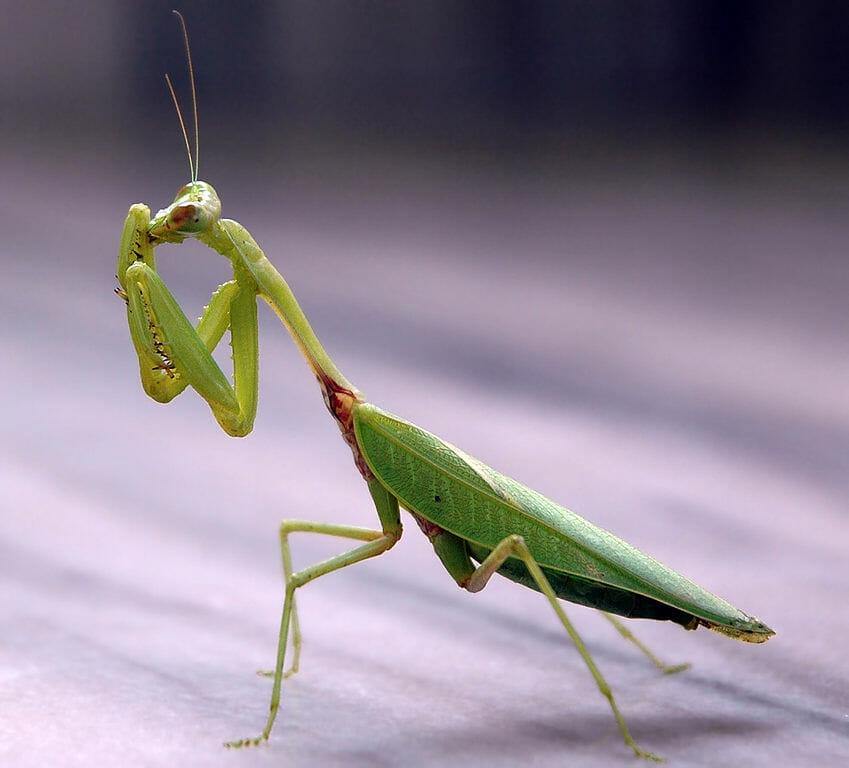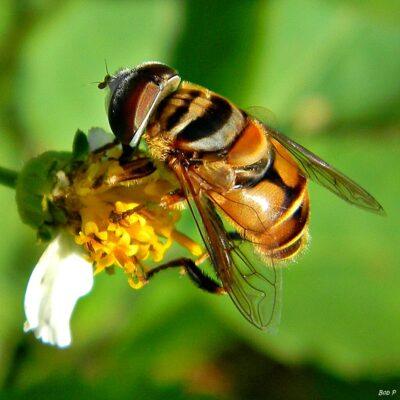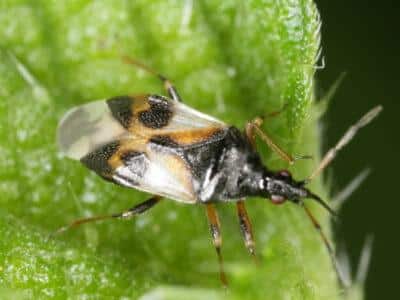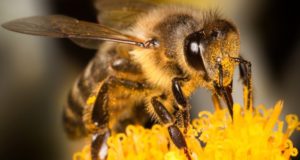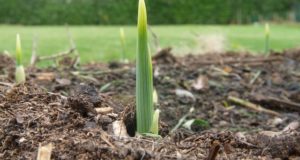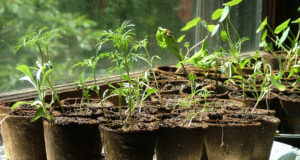As a professional gardener and farmer, one of the questions I field most frequently from people sounds something like this: “I have XYZ in my garden … how can I kill it?”
Usually, this refers to some form of insect. The problem with this approach is that it insinuates that all insects are problematic and should be eradicated. The opposite approach, though, requires gardeners to understand a little more about the complex relationships that occur within nature.
Typically, if you see a specific insect in your garden, it can be indicative of other unobserved conditions. For this reason, I have begun to reach out to new gardeners in the hope of changing the overall mindset to one of working with nature rather than trying to fight against it.
The All-Natural Fertilizer That Can Double Your Garden Yield!
Following is a short list of some of the more common uninvited garden visitors and why they are your friend — rather than your enemy. Many of these insects are so helpful that it is actually advantageous to encourage them to make a home in your garden by providing additional habitat so that they can breed and reproduce.
1. Syrphid flies — These are also known as sweat bees or hover flies. Many people assume that these little flies are equipped with a stinger, since they share some of the same colors and markings as yellow jackets and hornets. However, these harmless little flies are actually nectar- and pollen-feeders during their adult stage. During their larval stage, they are voracious feeders and prefer to eat aphids, scale insects and thrips. One way to encourage Syrphid flies is to keep a continuous nectar source in your garden throughout the entire growing season. Among the best plants for this is sweet alyssum. Alyssum is easy to grow and makes an excellent and attractive choice for flowering baskets and beds.
2. Praying mantis — Sure, mantis can look intimidating, but they are excellent hunters and harmless to humans. Mantis are ambush predators and prefer to eat soft-bodied pests such as caterpillars and grubs. They also will eat cabbage moths if given the chance. The egg sack of the mantis is equally strange looking and can startle people who are not accustomed to their rough papery appearance. To encourage mantis, learn how to identify its egg sack so that during garden clean-up you can set it aside in a safe place.
3. Spiders — Be kind to your eight-legged neighbors while out in your garden. There are many different species of garden-friendly spiders, and all of them are doing their part to defend your plants from harm. Spiders tend to feed on caterpillars, leaf hoppers, aphids, cucumber beetles, thrips and flies. An abundance of spiders in the garden means there’s a lot of prey around. A healthy garden will have a diversity of spiders that includes both orb weavers and ground hunters.
4. Wasps and yellow jackets — Believe it or not, these stinging insects aren’t too interested in humans. The overly large stinger of most nectar-feeding wasps is often used as a method of injecting eggs into a soft-bodied host. As the larvae from these eggs mature, they will devour their host from the inside-out. To encourage beneficial wasps, provide a continuous nectar source throughout the growing season. One of the best nectar sources for beneficial wasps comes from flowers in the allium family. Yellow jackets are meat eaters and are ruthless killers of caterpillars, grubs, flies and moths. Although they can be problematic for humans when present in large numbers, a small population of yellow jackets can be extremely useful in controlling soft-bodied insects within your garden.
5. Pirate bugs — This is a scenario where nature gets a little bit complicated. There are some cases where large numbers of pirate bugs can be a nuisance to people, even biting them. However, as a beneficial insect, pirate bugs are exceedingly good at hunting thrips, mites, insect eggs, caterpillars and aphids. As a gardener, one must decide if the benefit outweighs the side-effect. Personally, I have only found them to be of benefit. When prey levels are low, pirate bugs will choose to feed on nectar and plant juices instead. These garden allies are very susceptible to pesticide applications which can have deleterious effects on their numbers.
What insects/bugs would you add to our list? Share your thoughts in the section below:
 Off The Grid News Better Ideas For Off The Grid Living
Off The Grid News Better Ideas For Off The Grid Living

